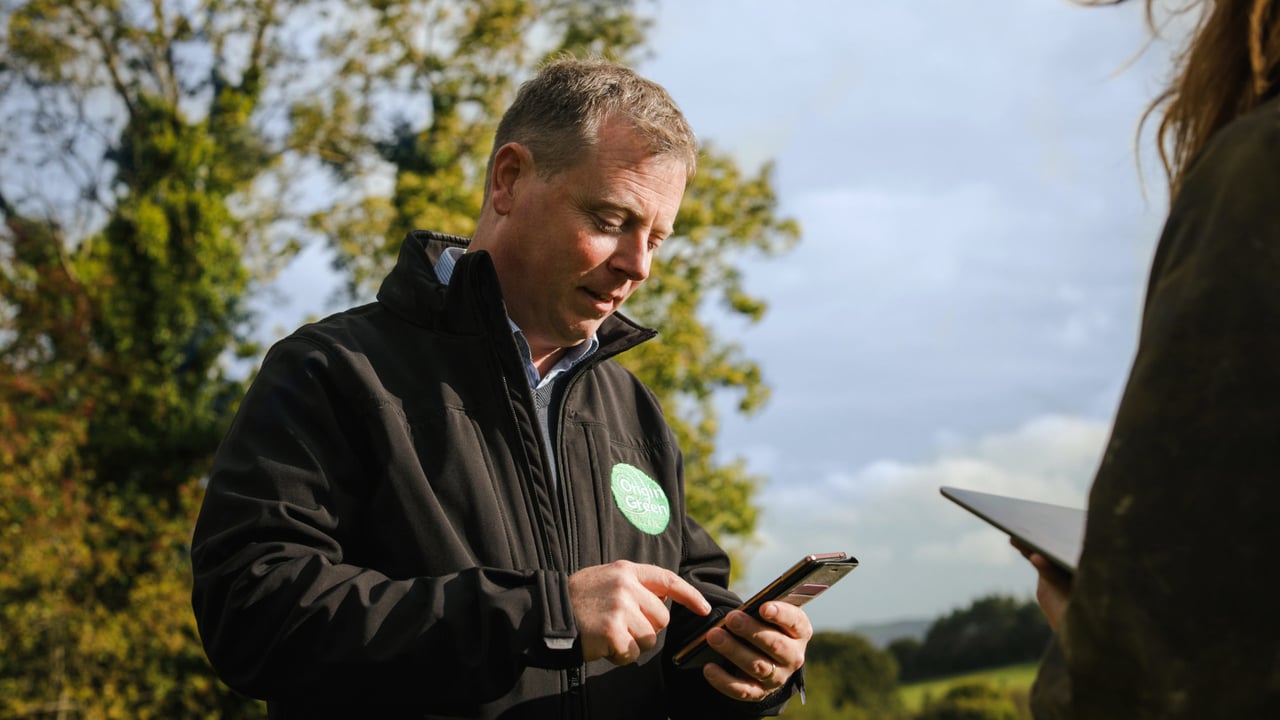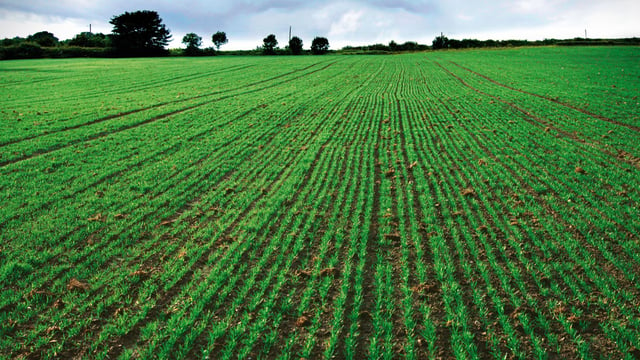Sponsored Article
Improving carbon footprint reporting on farms
Sponsored Article

Since 2013, Bord Bia has generated nearly 300,000 carbon footprints for Irish beef and dairy farm members. To calculate the carbon footprint, Bord Bia uses a carbon footprint model developed by Teagasc and accredited by the Carbon Trust.
Carbon footprinting has been hugely significant in supporting the marketing and promotion of Irish beef and dairy around the world.
In recent years, the recommended international methodologies for quantifying greenhouse gas (GHG) emissions at a macro level have been refined.
Last year, the dairy carbon footprint was updated to reflect the most recent recommended methodologies. The same model update is currently being applied to the beef carbon footprint in cooperation with the Irish Cattle Breeding Federation (ICBF) and Teagasc.
The update to the model will mean that beef farmers audited using the new model from next year will see a change in their carbon footprint (as reported in their Farmer Feedback Report).
The average beef carbon footprint will reduce from 10.45 to 9.58kg (CO2)/kg of liveweight gain (9.58kg = three-year average, 2019-2021).
It is important to note that this decrease reflects the new model, rather than changes at farm-level, and does not impact national agri-emissions carbon reduction targets.
Finding your carbon footprint
In order to compare like with like, each farm’s carbon footprint from their previous audit will also be adjusted to the new model. Therefore, a farmer can note improvements to their carbon footprint by the percentage change from the previous audit.
To view your carbon footprint on your farmer feedback report, log on to farm.bordbia.ie and enter your herd number and PIN.
Note: There is a ‘forget PIN’ option, which texts your PIN to the mobile number you have provided to Bord Bia. For further queries contact the Bord Bia Helpdesk on; 01 5240410.
To calculate a farm’s carbon footprint Bord Bia requires four sources of data, outlined below.
Bord Bia has data sharing and transfer arrangements in place with industry stakeholders to reduce the burden of data collection on the farmer:
As the audit cycle is every 18 months, farmers only complete the sustainability survey once every 18 months. As a result, a farm’s carbon footprint can only be updated as part of this cycle.
Annual carbon footprint
From next year, farmers will have the option of completing their sustainability survey every 12 months, to receive an annual carbon footprint. This will be optional for all beef and dairy members, allowing farmers to track their progress on an annual basis.
Farmers opting for 12-month intervals can choose any date throughout the year to complete their sustainability survey, while farmers who remain in the 18-month cycle must complete before their audit.
By Dr. Eleanor Murphy, Origin Green Sustainability data manager
Online sustainability tools
Farm Sustainability Planning Tool
Bord Bia is developing a farm sustainability planning tool in collaboration with Teagasc and ICBF.
The purpose of the tool is to allow farmers and advisors can create farm specific sustainability plans. The platform will recommend sustainability actions that reflect current best practice industry guidelines (e.g. the Teagasc Marginal Abatement Cost Curve), which farmers can add to their farm plans.
This will be piloted throughout the coming months with Teagasc advisors and farmers.
In future, the tool will be accessible by farmers through a broader farmer emissions platform being developed by Teagasc and ICBF.
Farmer eLearning
In October last year, Bord Bia launched a free, online learning tool for farm members, consisting of short modules providing information and support to farmers on how to implement best practice farm sustainability.
So far, almost 3700 farm scheme members have registered for the Farm Sustainability Learning Hub.
Seven modules are currently available covering topics such as water quality, soil health, energy efficiency, farmland biodiversity, and greenhouse gases.
A new animal welfare module is currently in development in collaboration with Animal Health Ireland, to launch in early 2023. A second new module on pollinator friendly farming will also launch next year.
By Rory Mannion, Origin Green agri-sustainability specialist
Sponsored Article





